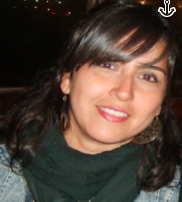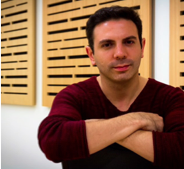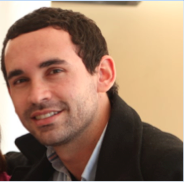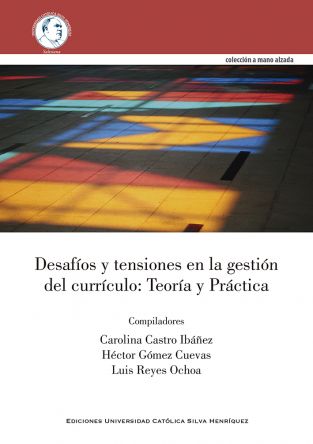Institute for Critical Education Studies
Open Seminar
Monday, September 26, 2016
Noon – 1:oopm
Scarfe 1209
University of British Columbia
Curricular Ideologies in the Discussion and Negotiation of the Chilean Social Studies Curriculum
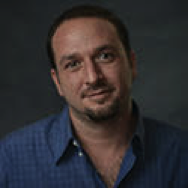 Renato Gazmuri, PhD
Renato Gazmuri, PhD
Assistant Professor at Universidad Diego Portales (Chile). Dr. Gazmuri received his PhD at the Autonomous University of Barcelona (Spain)
Abstract: The Chilean social studies curriculum has been defined through processes of discussion and negotiation between diverse actors and institutions with different views on the subject. In order to identify and describe these ideologies, a sequential and recursive methodological device was designed and applied in three stages of production and analysis of information: a documentary compilation around three curricular events of debate and negotiation, application of questionnaires, and interviews. At each stage a content analysis was performed. Five curriculum ideologies are identified and described, considering their assumptions about how the curriculum should define the subject matter, as well what its aims, contents and its guidelines for teaching.

 Follow
Follow